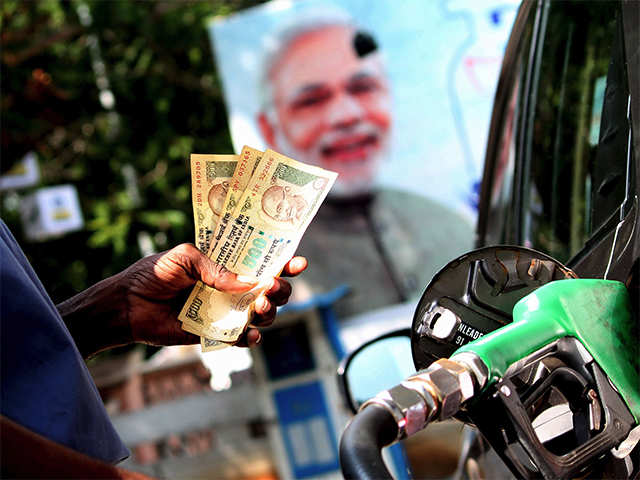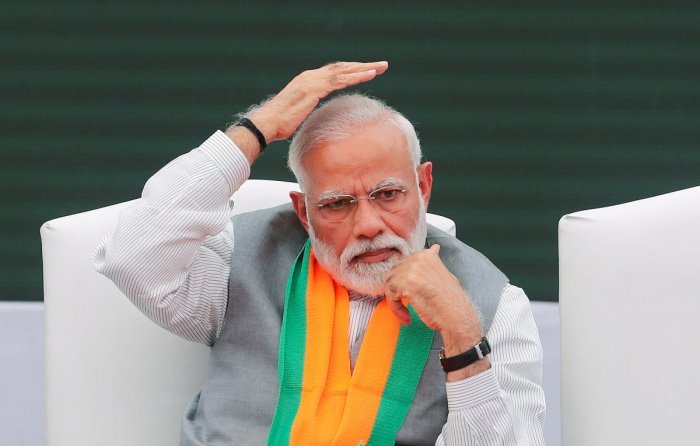Growth in India’s dominant services sector quickened in April as demand helped the fastest increases in new business and output in nearly 13 years, said a private survey on Wednesday.
The headline figure in the Purchasing Managers’ Index (PMI) survey by credit rating agency S&P Global rose to its highest level of 62 in April, since June 2010. It was 57.8 in March.
A print above 50 in the survey denotes expansion of services activity and below that suggests contraction.
The headline figure has been in the expansion zone for 22 months straight since August 2021.
“Anecdotal evidence linked the upturn to a pick-up in new business growth and favourable market conditions. Out of the four monitored sub-sectors, the strongest increase in output was seen in Finance & Insurance,” said the survey.
The companies the survey monitors reported an improvement in international demand for Indian services in April, signaled by new export business expanding for the third month running and at the fastest pace over this period.
Demand grew despite input costs rising at the quickest pace in three months during April.
The survey said food, fuel, medicine, transportation and wages were the main sources of inflation with consumer services recording the fastest upturn in average expenses.
“The combination of rising input costs and demand resilience urged services companies to lift their selling prices in April. The rate of charge inflation was marked and the strongest in 2023 so far. Granular data showed the most acute increase in selling prices among Transport, Information & Communication firms,” it said.
Pollyanna De Lima, economics associate director at S&P Global Market Intelligence, said that the performance of India’s service sector was remarkable in April, as demand strength backed the strongest increases in new business and output in just under 13 years.
“Having retreated in each month since the start of the current calendar year, input price inflation quickened in April.
PMI survey participants indicated higher salaries and wages awarded to staff, as well as pressures from food, fuel and transportation costs.
Accommodative demand conditions facilitated the pass-through of additional expenses to clients, with prices charged for the provision of services increasing at the strongest rate in 2023 so far,” said De Lima.
New orders improved but staff levels in the service sector increased only marginally at the start of the first fiscal quarter as some companies lifted headcounts due to rising output needs, the vast majority left them unchanged amid sufficient workers for current requirements, the survey said.
“One area of weakness highlighted in the latest results was the labour market. Despite the substantial pick-up in sales growth and improved business sentiment towards the outlook, the increase in employment seen in April was negligible and failed to gain meaningful traction,” said De Lima.
Most service providers are optimistic that output would expand in 12 months, after marketing, competitive pricing and focus on customer relations boosted business confidence in April.








